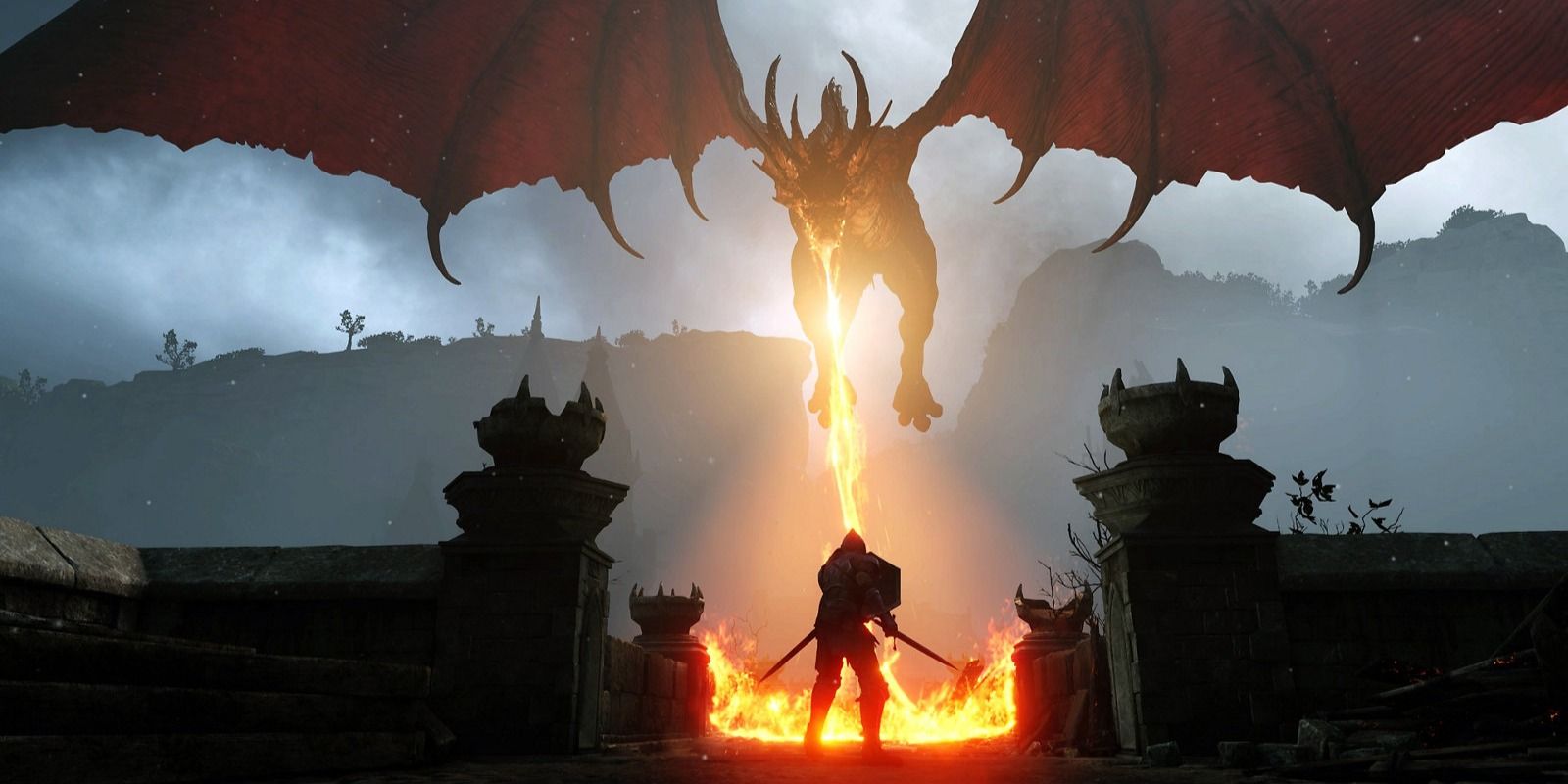
Soulslike games can be an intimidating genre to get into, but prospective players shouldn't let the reputation for difficulty scare them away. Their legacy of being unforgiving and relentless is sometimes well-earned, and even the name itself, taken from the iconic Dark Souls franchise, conjures images of darkness and despair which some players don't want to go near. Despite the reputation the Soulslike genre has gained, there are a number of steps developers have taken to encourage the player to keep trying. It's true that some entries are notably more difficult and some build a bit of frustration into their gameplay loop, but Soulslike games don't necessarily need to be a scary experience for new players.
Numerous games across different genres have dictated their difficulty by implementing skill-based objectives or combat. Rather than allowing players to spam button-presses, or giving them easy opportunities to succeed, these games aimed at focusing on patience and honing skills over anything else. This became synonymous with 2009's Demon's Souls and From Software's subsequent Dark Souls franchise, leading to the term Soulslike, which was quickly associated with tough-as-nails difficulty and punishing combat in comparison to more forgiving RPGs.
Thus there are many hot-button phrases to further sell the intensity of these games, but the Soulslike genre doesn't exist expressly to be difficult - it's really just a different style of game. If hack-and-slash games are about speed and chaos, Soulslike games have a tendency to be about patience and control, much like the relationship between an arcade racer and a driving sim; it's a matter of perception. Enemies are able to strike a player down quickly so as to teach players about the game's mechanics. Rather than hack-and-slashing through an encounter, battles against less-significant threats will often have players consider their moment-to-moment tactics for survival. Blocking, dodging, and parrying are not just optional as in some games, they become a necessity. All the tools to succeed are there, offering players instant-kill mechanics and invincibility windows, but the genre carries a stigma that a heavy emphasis on tactics equates to a higher difficulty.

Despite how intimidating it can seem, there are plenty of entries in the Soulslike genre which are fun and engaging without making players feel unfairly challenged. Dragon's Dogma features a sprawling fantasy world with Soulslike mechanics, offering more accessible hack-and-slash combat, not unlike Kingdoms of Amalur: Reckoning, which offers . Star Wars Jedi: Fallen Order is an excellent example of a more forgiving Soulslike entry, as is the post-apocalyptic shooter Remnant: From the Ashes, which has numerous ways to adjust difficulty to tailor the experience for greater risk and reward. Even the Demon's Souls remake on PS5 eases players into the genre fairly well, and each of these games is well worth experiencing from start to finish.
When Demon's Souls was released, it was known for its difficulty, in large part due to a somewhat obtuse nature. Yet by today's standards it feels more like a typical action RPG. Subsequent FromSoftware games which defined the Soulslike genre would prove increasingly more difficult, with Dark Souls itself coming (perhaps a bit unfairly) to be used to describe most any difficult game. While the Soulslike genre may not be for everyone, its reputation shouldn't intimidate players away from trying what it has to offer, especially given the variations between many games that fall under the label. Some Soulslike games may be difficult difficulty's sake, but many are also compelling, thrilling tales that simply focus on a gameplay style where every parry and slash count, and they don't need to be avoided based on reputation or association.
from ScreenRant - Feed https://ift.tt/3g3eZHp

No comments: